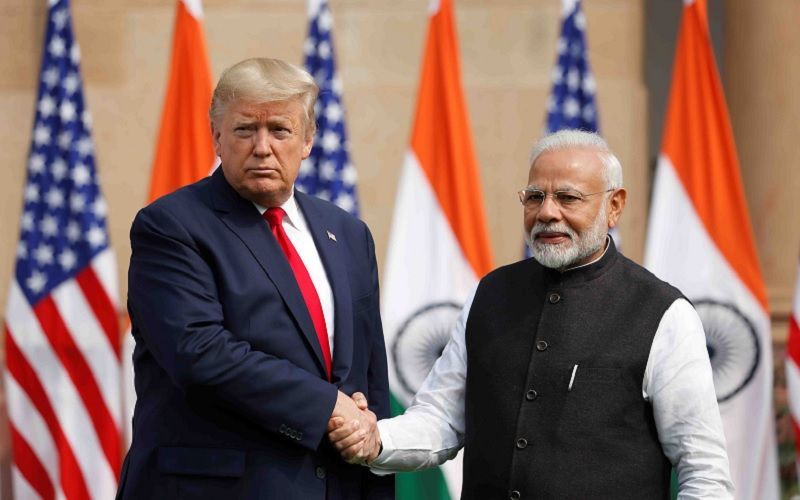Agriculture, Dairy Remain Major Sticking Points in India-US Trade Talks: Ex-WTO Envoy
Source: dairynews.today
Key negotiations between India and the US focus on agricultural and dairy trade, as noted by a former WTO envoy during Commerce Minister Piyush Goyal's US visit.

As India and the United States work to finalize a long-awaited trade deal during Commerce Minister Piyush Goyal’s visit to Washington, former Indian Ambassador to the WTO Jayant Dasgupta highlights agriculture and dairy as the primary challenges. “We will not allow the common products to come in,” he stated, referring to US dairy imports to CNBC-TV18. Instead, India is open to sophisticated cheese and other items with limited domestic market appeal. Additionally, he noted that while India rejects genetically modified (GM) crops, there may be some flexibility for certified non-GM products.
Despite this, tariffs on items like corn and soy are likely to remain unless the US agrees to a tariff rate quota (TRQ), allowing limited imports at lower duties. Both nations seek an "early harvest" deal, aiming for India’s total exemption from an additional 26% tariff. During discussions with US Commerce Secretary Howard Lutnick and Trade Representative Jamieson Greer, India's proposal includes a three-stage roadmap for a trade pact, with an initial interim agreement expected by July 8 and a second phase tackling 19 sectors by October 2025. The final phase demands US Congress approval, especially regarding tariff reductions, which are unlikely to return to pre-Trump levels, said Dasgupta. Sensitive sectors like agriculture and dairy will necessitate cautious management for a comprehensive agreement.
Photo: eurasian-research.org
Despite this, tariffs on items like corn and soy are likely to remain unless the US agrees to a tariff rate quota (TRQ), allowing limited imports at lower duties. Both nations seek an "early harvest" deal, aiming for India’s total exemption from an additional 26% tariff. During discussions with US Commerce Secretary Howard Lutnick and Trade Representative Jamieson Greer, India's proposal includes a three-stage roadmap for a trade pact, with an initial interim agreement expected by July 8 and a second phase tackling 19 sectors by October 2025. The final phase demands US Congress approval, especially regarding tariff reductions, which are unlikely to return to pre-Trump levels, said Dasgupta. Sensitive sectors like agriculture and dairy will necessitate cautious management for a comprehensive agreement.
Photo: eurasian-research.org









